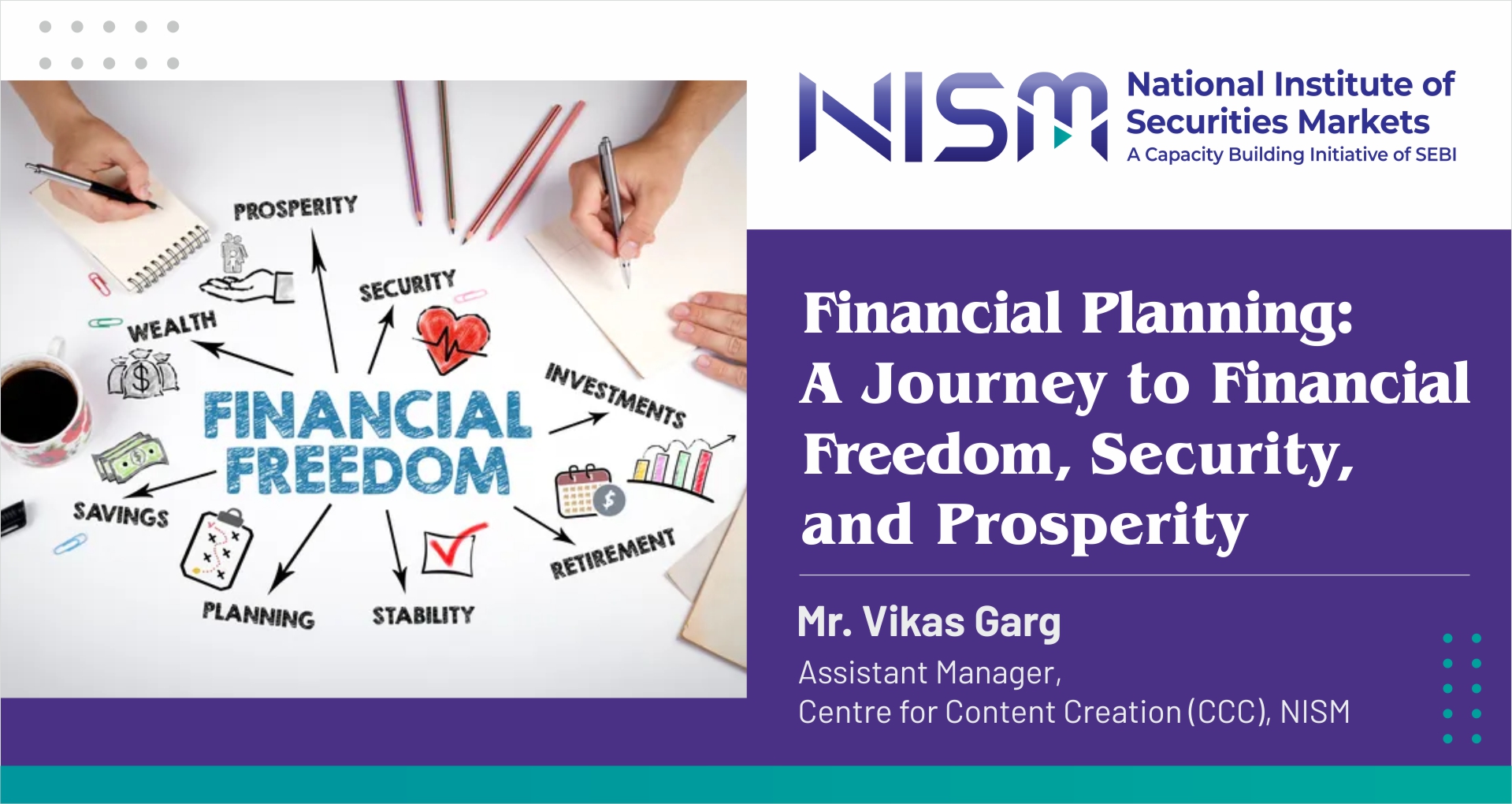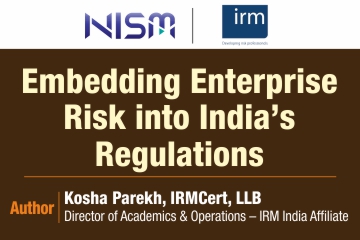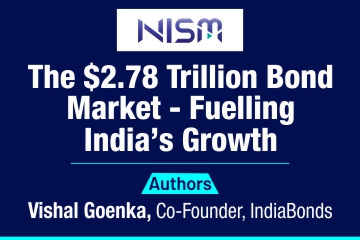
Financial Planning: A Journey to Financial Freedom, Security, and Prosperity
Financial Planning is a common term, yet uncommon for many. It is more than just managing the money, but investing in the future to achieve short-term and long-term goals. In today’s dynamic environment, a robust financial plan is a necessity of the hour. Whether you aim to purchase your dream home, dream car, fund your child’s education, or ensure your relaxing and soothing retirement, a well-researched and structured financial plan serves as a solution to your financial goals and aspirations. It provides clarity and helps us to make informed decisions and pave the way for a secure and sustainable future.
The term Financial Planning
In our everyday life, we often listen to the words “Financial Planning,” but what is the real meaning of it? Financial Planning involves assessing your current financial health, setting up achievable goals, and creating a strategy for fulfilling those goals. It includes various aspects, including:
The primary objective is to ensure that you have enough resources to align your financial needs and aspirations.
Arvind’s Story: From Financial Chaos to Control
In 2018, at 28, Arvind Sharma seemed to have it all — a lucrative job in Pune’s IT sector, a brand-new bike, regular online shopping sprees, weekend outings, and even trips to Goa. His Instagram was filled with flashy snapshots of this lifestyle. But underneath the social media sheen was a stark reality: Arvind had no savings, no insurance, and no investments — just a pile of EMIs and bills. Financial planning had never crossed his mind.
The Turning Point
In 2020, when the pandemic struck, his company slashed salaries. That’s when reality hit hard. With just ₹4,780 in his bank account and no backup, Arvind was forced to confront his financial vulnerability. “What if I lose my job?” he wondered. This moment became the start of his financial transformation.
Step-by-Step: Arvind’s Financial Makeover
Where Arvind Stands Today
“I don’t stress about money anymore. I take charge of it now — that’s the power of financial planning.”
Lessons from Arvind’s Journey
Vikas Garg
Assistant Manager
Centre for Content Creation (CCC)
National Institute of Securities Markets (NISM)
Disclaimer: The story narrated above by the writer is intended solely for educational and informational purposes. It doesn’t represent the views of the NISM. Readers are advised to consult SEBI-registered Investment Advisors before making investments or financial decisions.

When people hear the term “risk management,” they often associate it with financial markets, insurance, or corporate governance. In…

As India charts its course towards Viksit Bharat, by 2047, the sophistication and depth of its financial markets are paramount.…

As investors, we often judge performance on monthly (MoM), Quarterly (QoQ) and year-on-year (YoY) statistics. It feels natural to look…
© 2025 National Institute of Securities Markets (NISM). All rights reserved.